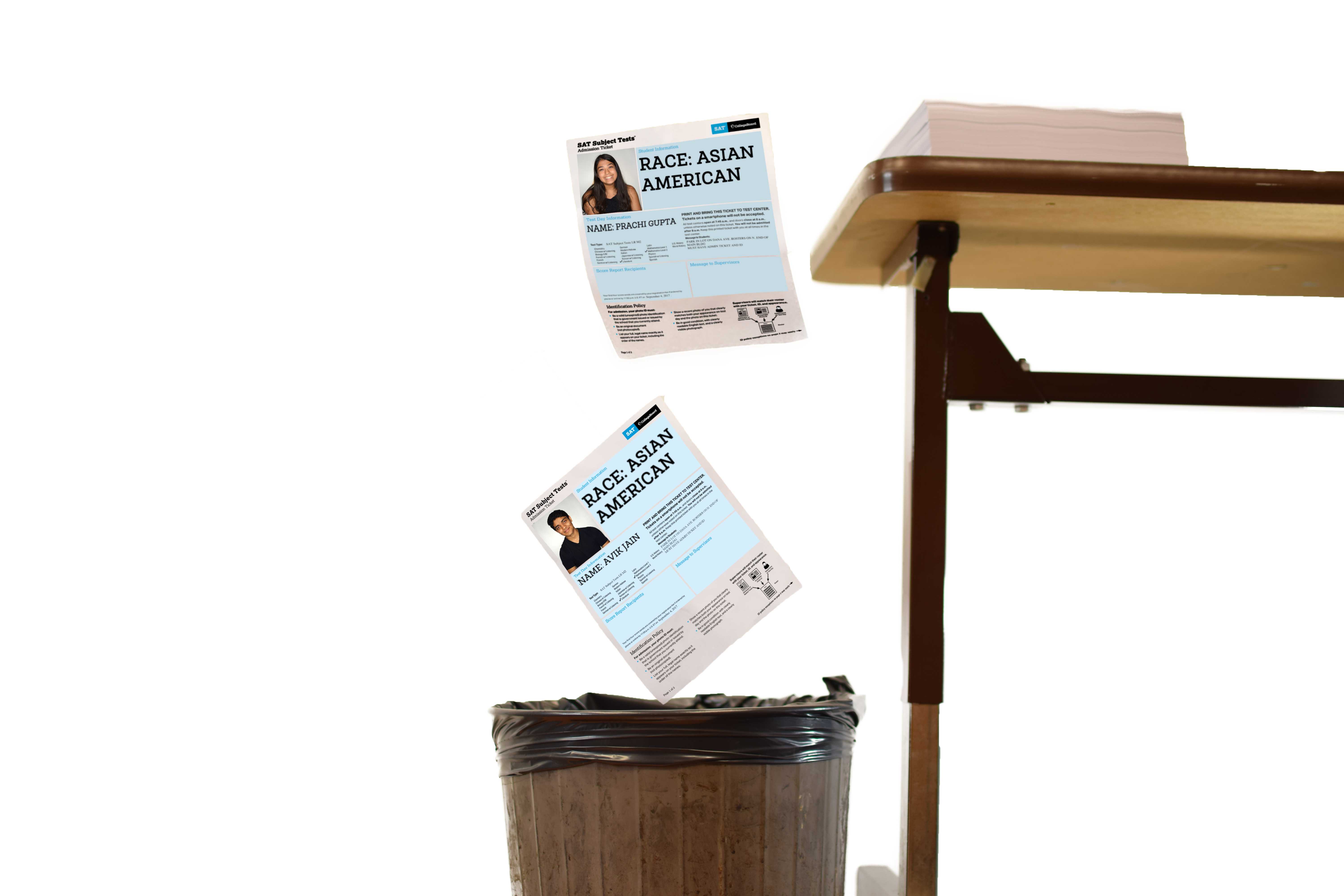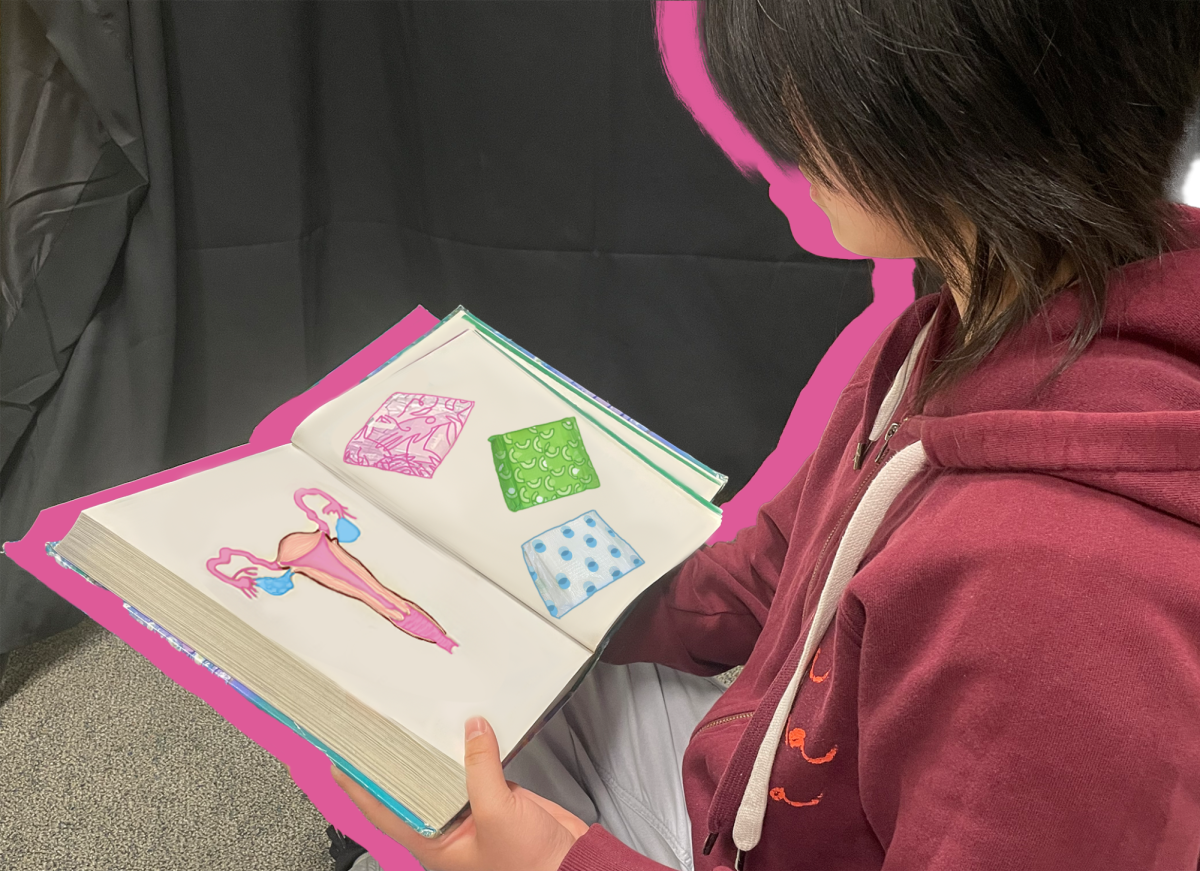An impending lawsuit against Harvard University is headed to the Supreme Court, arguing that affirmative action has led top universities to discriminate against Asian Americans to further racial diversity on campuses. The plaintiffs in the suit, an organization called Students for Fair Admissions, are requesting detailed records from four high schools known to have high numbers of Asian American students and a competitive atmosphere, according to the New York Times.
MVHS was one of those four schools. Data such as an 83 percent Asian american population and 50 percent of the 2018 class having a GPA higher than 3.6, according to the MVHS 2017-2018 School Profile, will be used to examine the acceptance rate of comparably qualified students to universities across the country and to ermine whether race or ethnicity plays a role in admissions.
Both the magnitude of the lawsuit and the debate concerning affirmative action that it arouses have caused more scrutiny towards communities with high minority representation, like in Cupertino.
However, according to guidance counselor Jessica Coscia, the impacts of both the lawsuit and the bigger conversation surrounding affirmative action have yet to reach the students of MVHS.
“I think we’re in a little bubble here in Cupertino and I don’t think that students are really aware [about affirmative action],” Coscia said. “Honestly, I think that most students you talk to on campus wouldn’t have any idea what affirmative action is.”
According to Christine Chai, professor of Asian American Studies and English at De Anza College, affirmative action goes beyond just discriminating against certain races for the sake of diversity. In the college admission process, affirmative action is defined as using race as a factor to judge the eligibility of a student’s admission to an institute of higher education.
“I don’t believe it’s necessarily the only and best way to diversify and uplift marginalized communities, [but] it’s one of only few options that we have,” Chai said. “We can’t have equality when students from inner cities just don’t have the resources to compete with students who come from more privileged backgrounds, and [when] the richness of our experiences at college or university is the diversity.”
This idea of creating a level playing field and eliminating racial bias is what led to the development of affirmative action policies in the U.S. in 1961. Yet, Princeton University researchers found that removing race from the decision process benefited Asian Americans, raising the average acceptance rate to top universities from 18 to 23 percent. The 2005 study notes that, while affirmative action does help Hispanic and African American students get into college, it negatively affects Asian Americans.
In Coscia’s eyes, these negative repercussions towards Asian American students are “shocking,” but there is a lack of clarity and understanding that exists surrounding the concept of affirmative action and how it affects Asian American students among those at MVHS. Out of 378 MVHS students surveyed, 41% don’t know what affirmative action is.
Senior Avik Jain, however, believes that the increased exposure and effects of affirmative action on the MVHS community has led to a more educated and opinionated student body.
“When people see how policies affect them, then they start to have a strong opinion about it,” Jain said. “If it was a white students versus black students thing, and that was where most of the impact was seen, then students at MVHS wouldn’t care as much. I think at MVHS people feel the impact of it the most, and therefore they have [negative] opinions about it.”

Jain’s ideas highlight how affirmative action policies do and do not affect MVHS students, and how this student perception towards affirmative action dictates their actions and reactions toward college admissions.
“Even though I know my race might have a negative impact [on my college admissions], I think I’m highly qualified in a number of other ways,” Jain said. “So I’m not going to say that Harvard won’t admit me and therefore I won’t apply; no, that’s not how I think. And I don’t think anyone actually takes that into account when they’re making their decisions to apply.”
While Jain is the in the middle of the college application process, Chai, a UC Berkeley alumnus, recalls feeling “unjustly affected” by affirmative action when she was deferred to second semester, although her views have shifted as a result of continued ethnic study. She said that a lot of Asian Americans have the perception that they’re being targeted by affirmative action because their hard work gets passed over to prioritize other communities of color.
From personal experience, Chai understands how it can be difficult to educate someone about the benefits of affirmative action when they feel as though they’ve been wronged by the system. According to Chai, making college admissions equitable in opportunity is necessary and higher education is where reform needs to start –– especially in society’s goals to diversify the workplace.
While the Harvard lawsuit has started new discourse about Asian Americans and affirmative action policies, the solution to maintaining equality in our current society has yet to be found.
Despite the predominantly Asian American population here, at the end of the day, Coscia believes that students shouldn’t be worrying about the role of affirmative action in their future.
“I don’t want students to freak out and worry that they are not going to get accepted into college because they’re Asian,” Coscia said. “I want them to concentrate their efforts on their applications and doing the best they can academically – following their passions and doing all of that stuff – and the right college will pick you. If they don’t like what you have and they don’t want you to be there because you’re an Asian student, then to hell with them, you don’t wanna go there anyway.”



















